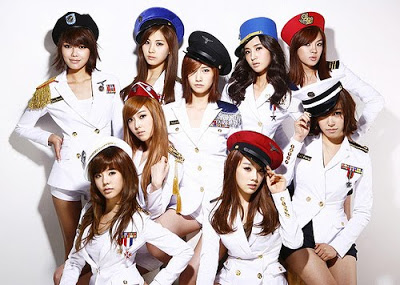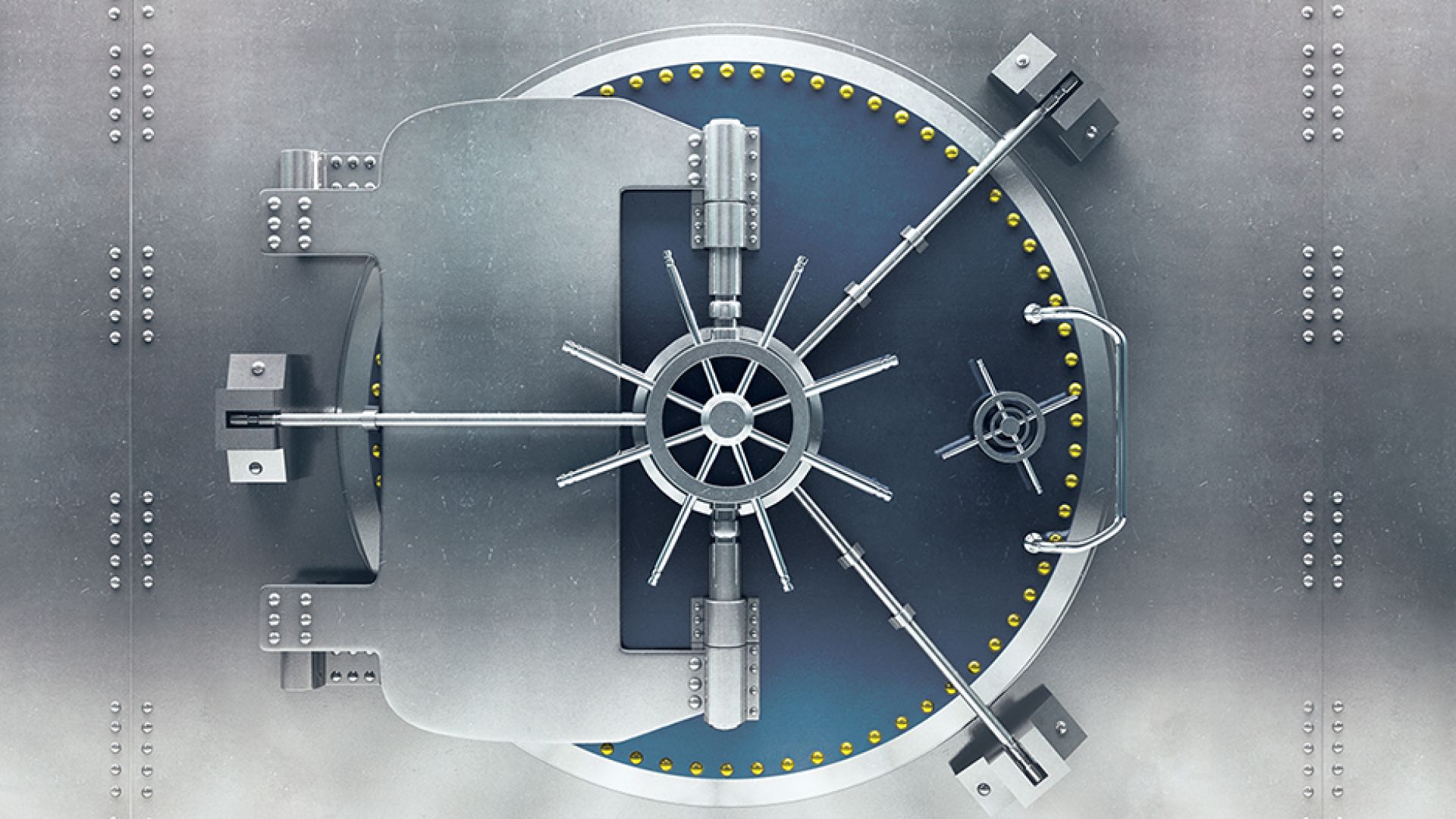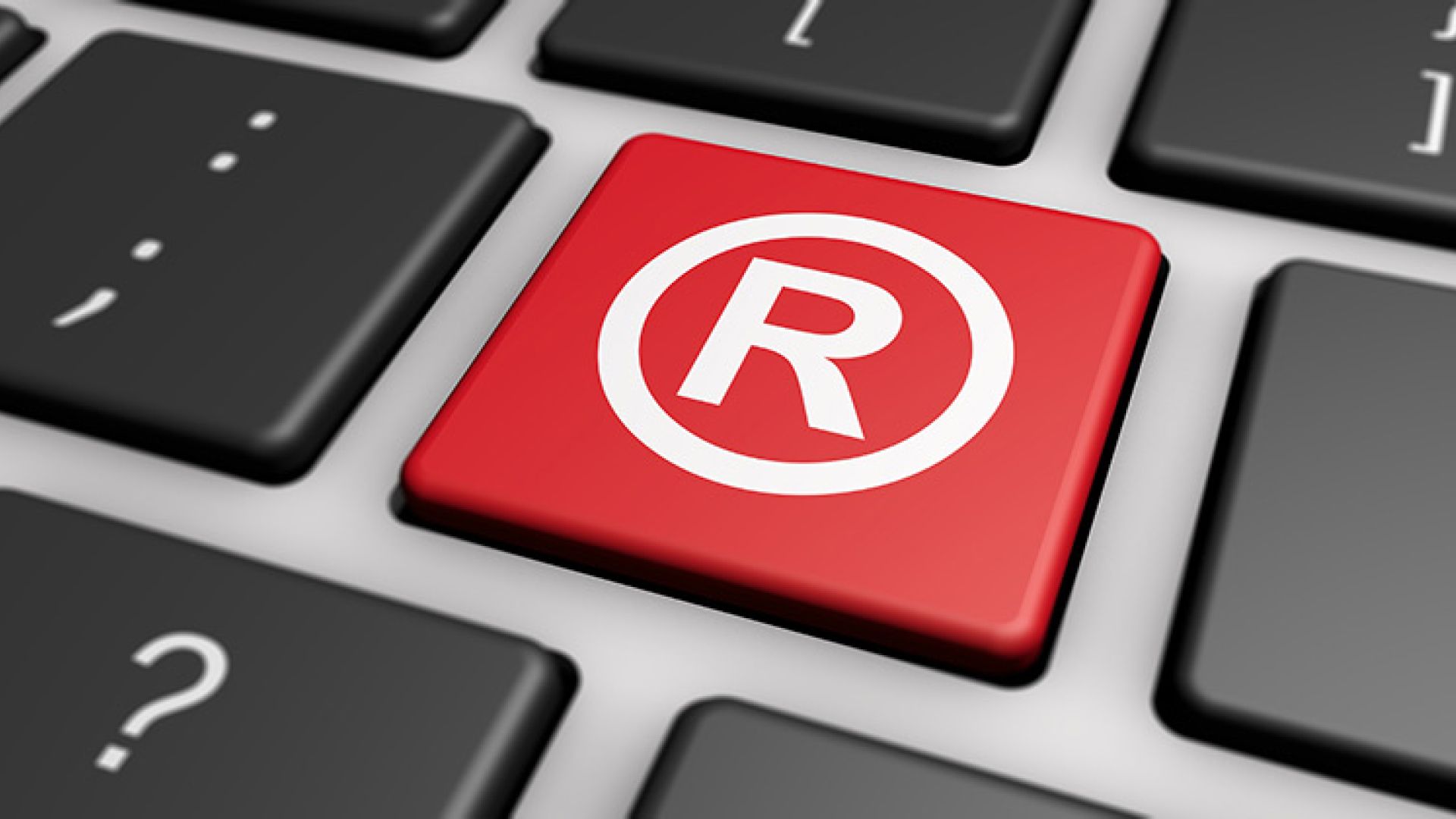Korean trademark law - “Girls’ Generation”
 Facts:
Facts:
“Girls’ Generation” is an all female Korean singing band owned by S.M. Entertainment (the “Agency”). The group debuted in 2007 and in several years gained widespread popularity both within and outside of Korea. On July 4, 2007, the Agency filed a trademark “소녀시대” (“Girls’ Generation”) for “singer performance services”, etc. with the Korean Intellectual Property Office (“KIPO”). The trademark was successfully registered on June 23, 2008 (the “Prior Used Trademark and Service Mark”). Meanwhile, on July 16, 2007, a Korean entrepreneur (the “Defendant”) filed a trademark “ Imagen quitada por el remitente. ” (“Girls’ Generation”) for “entertainer managing services”, etc. with the KIPO. The trademark was also successfully registered on February 10, 2009 (the “Registered Trademark and Service Mark”).
The Intellectual Property Tribunal of the KIPO
(Decision rendered Aug. 7, 2012 - Agency won)
The Agency filed an Invalidation Trial with the Intellectual Property Tribunal of the KIPO (the “IPT”) on December 29, 2011 against the Defendant. The Agency asserted that, pursuant to Article 7(1)(xi) of the Korean Trademark Act, consumers were being misled or deceived as to the quality of the Defendant’s goods and services. Given the widespread notoriety of the girl band, the Agency argued that consumers were being led to believe that the Defendant’s products were in some way associated with the group.
The IPT accepted the Agency’s argument and rendered a favorable decision for the Agency on August 7, 2012 (Case No. 2011 DANG 3287). The IPT based its decision on the following:
(i) The Agency’s Prior Used Trademark and Service Mark had already become well-known by February 10, 2009 when the Defendant’s Registered Trademark and Service Mark was accepted for registration;
(ii) The Registered Trademark and Service Mark is similar to the Prior Trademark and Service Mark on the whole; and
(iii) The Registered Trademark and Service Mark’s services, namely, “entertainer managing services” is closely related to the Prior Used Trademark and Service Mark’s services, namely, “singer performance services.”
The Patent Court:
(Decision rendered May 3, 2013 - Agency lost)
The Defendant filed an appeal of the IPT decision with the Patent Court. The Patent Court accepted the Defendant’s argument and rendered a decision to cancel the IPT’s decision on May 3, 2013 (Case No. 2012 HEO 8225).
The Patent Court’s decision was based on the following:
(i) Although the Registered Trademark and Service Mark is similar to the Prior Used Trademark and Service Mark, the Prior Used Trademark and Service Mark had not yet become particularly famous;
(ii) The registration of the Prior Used Trademark and Service Mark does not impact the goods and services provided under the Registered Trademark and Service Mark, and
(iii) The Registered Trademark and Service Mark is not considered a mark that is liable to mislead or deceive the consumers as to the quality of the goods and services in relation to Prior Used Trademark and Service Mark.
The Supreme Court:
(Decision rendered Oct 15, 2015 - Agency won)
The Agency filed an appeal before the Supreme Court seeking the cancellation of the Patent Court’s decision. Ultimately the Supreme Court accepted the Agency’s appeal and rendered a decision to overturn the Patent Court’s decision to the original court, the Patent Court, on October 15, 2015 (Case No. 2013 HU 1207).
The Supreme Court based its decision on the following:
(i) The Agency’s Prior Used Trademark and Service Mark was well-known not only to those in the industry, but also to the general public and had acquired a significant level of fame;
(ii) Although the Defendant’s Registered Trademark and Service Mark is used for goods and services which are different from those of the Agency’s Prior Used Trademark and Service Mark, there is a likelihood that consumers will be misled or deceived as to the quality of the goods and services in relation to Prior Used Trademark and Service Mark; and
(iii) In conclusion, the Patent Court misunderstood the Korean Trademark Act when it decided that the Registered Trademark and Service Mark is not liable to mislead or deceive consumers as to the quality of the goods and services. Therefore, the decision shall be overturned.
LATEST NEWS
Modification of the Spanish Trademark Law
Modification of the Spanish Trademark Law
Spain is now available on the WIPO website

WHAT WE DO
ABOUT US
CLIENTS:








